The New York Times featured an article entitled, “As Cognition Slips, Financial Skills Are Often the First to Go.” According to the research cited therein, approximately 50% of adults in their 80s have dementia or some other cognitive impairment. Further, studies have revealed that “the ability to perform simple math problems, as well as handling financial matters, are typically one of the first set of skills to decline in diseases of the mind, like Alzheimer’s.” Unfortunately, this may leave the elderly vulnerable to poor decision-making or to exploitation by others.
Fortunately, there are protective mechanisms by which one can safeguard one’s finances or property, in the face of cognitive decline or impairment. Those include a durable power of attorney, which is a legally executed and witnessed document that allows an individual to appoint a competent adult to act on one’s behalf. A power of attorney can be granted for a specific, limited purpose or period of time. It can also be granted for much broader purposes such as handling all financial affairs on behalf of another person. It would remain in effect even when the individual (or “Principal”) is no longer able to make decisions due to health or mental capacity.
If an individual is receiving Social Security benefits, it is important to note that the U.S. Treasury Department does not recognize a power of attorney for the purpose of negotiating federal payments, including Social Security or SSI payments. In that instance, an individual or entity that wants to help manage another’s federal benefits must be designated as a Representative Payee. The designation requires approval from the Social Security Administration. Once approved, the Representative Payee is authorized to receive the federal benefits on behalf of the incapable or incompetent beneficiary.
An issue arises when an individual is no longer capable of managing his/her affairs, but does not have any protective mechanisms in place, including a power of attorney or a designated Representative Payee. In certain cases, one might have to resort to pursuing guardianship of an individual if there are no available alternatives.
The second form of guardianship is found within Article 81 of New York’s Mental Hygiene Law. An Article 81 guardianship is often used in the case of an individual with Alzheimer’s disease, dementia or some other extent of cognitive impairment. It is generally appropriate for an individual who at one time was competent, but now suffers from cognitive or functional limitations that are likely to cause the person harm. It may also be pursued for an intellectually disabled or developmentally disabled individual who may not fit into the requirements for a 17-A guardianship.
Unlike the Article 17-A guardianship, which gives broad powers to guardians that are similar to the authority a parent has over a child, Article 81 provides framework where the Court specifies exactly what decisions are made by the incapacitated person and what decisions are made by the guardian. This provides a tailored plan that meets the specific needs of the incapacitated person. A “Guardian of the Person” appointed under Article 81 can take care of assuring the person’s safety, health care, living arrangements, meals and/or other day-to-day activities and needs. A “Guardian of the Property” may also be authorized to manage the incapacitated person’s finances, property and other assets. The personal needs guardian and property guardian need not be the same individual. In some instances, it might be appropriate to have individuals act as co-guardians, with the joint goal of preserving the incapacitated person’s well-being and property affairs.
Article 81 allows for a broad range of individuals to petition for guardianship, including the alleged incapacitated person (AIP) him/herself, an adult relative, the CEO of a facility in which the AIP is a resident or patient, or any person otherwise concerned with the welfare of the AIP.
In order to obtain an Article 81 guardianship, the petitioner must file an order to show cause and verified petition with the Supreme Court for the county where the individual resides or is physically present. Typically, the Court will appoint an attorney for the alleged incapacitated person and/or a Court Evaluator, who is tasked with investigating the allegations in the petition.
The Court will schedule a hearing, and the AIP has a right to be present at the hearing. If, for any reason, the AIP is unable to attend the hearing at the courthouse, then the hearing will be conducted wherever the AIP is located (e.g. a nursing home, hospital, etc.). In some circumstances, the AIP’s presence at the hearing may be waived if it is found that the AIP is completely unable to participate in a hearing or if no meaningful participation will result from the AIP’s presence.
At the hearing, it must be proved that the appointment of a guardian is necessary and that the AIP either agrees to the appointment or is deemed incapacitated. An AIP is found to be incapacitated if he/she is unable to provide for himself/herself, and cannot understand the consequences of that inability. The parties will have the right to present evidence, and call and cross-examine witnesses, in order to establish whether a guardianship is appropriate. The burden is on the petitioner to prove that a guardian is necessary and that the AIP is either incapacitated or consents to the appointment.
If the petitioner is successful in establishing the need for a guardian, the Court will make certain findings, including the specific powers that an appointed guardian will be authorized with. The powers must be the least restrictive form of intervention aimed at addressing the specific needs of the AIP. The Court’s findings will be memorialized in an Order & Judgment, and thereafter, the appointed guardian must obtain a “Commission,” which is the official document that gives guardians the legal power to act on behalf of another adult. The guardian also completes an Oath and Designation, which attests that the guardian will carry out his/her responsibilities faithfully, honestly and carefully, and allows the county clerk to be served with any legal papers if the guardian cannot be found. In some cases, the Court may require the guardian to obtain a fiduciary bond, which is an added layer of protection for the AIP in case money is lost due to a guardian’s actions or mistakes. The Court may also require an appointed guardian to take a training course.
Any suitable adult can become a guardian. However, family members are typically given preference. A not-for-profit corporation, social services official, or a public agency can also be granted guardianship.
A guardian must file regular reports with the Court and visit the incapacitated person at least four times per year.
The guardianship lasts for the life of the incapacitated person. During the guardianship, the Court may be further petitioned to terminate the guardianship, modify the order and judgment, expand or remove powers given to the guardian, or remove the guardian from his/her appointment.
An Article 81 proceeding is generally more formal than an Article 17-A proceeding. It typically requires attorney involvement to guide petitioners through the legal process of obtaining a guardianship to safeguard an individual. Every situation is different, and it is always recommended that potential petitioners consult with a professional well-versed in Article 81 matters to help determine the best course of action for an individual’s situation and ongoing needs.










